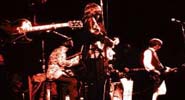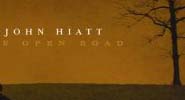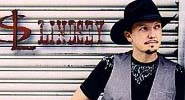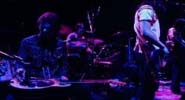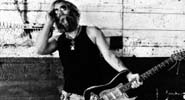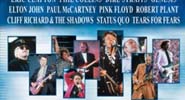King Mojo Records announces a February 8 release for <em>Collection</em>, a 2-CD compilation of tracks from Big Shanty, whose blistering sound has been described as everything from "death metal blues" to "heavy metal funk." The double-disc set also includes five previously out-of-print live tracks. Many of Big Shanty’s longtime friends join in the jams on <em>Collection</em>, including Wet Willie bassist Jack Hall; guitarist Spencer Kirkpatrick, formerly of Hydra; up-and-coming guitar hotshot Liz Melendez; and legendary jam-band godfather, Col. Bruce Hampton.
Big Shanty’s blues have been compared to Jimi Hendrix, Neil Young – and even Rob Zombie. Since the ’07 release of his breakout CD, <em>Ride with the Wind</em>, Shanty has slammed his away into the consciousness of music fans eager for something outside the 12-bar blues box that’s new and exciting. That release went Top 10 wherever it was played and hit the Top 10 in over a dozen foreign countries. In Paris, it reached #1 for five weeks on one station and remained at the top of another internet blues radio giant station’s album chart for over five months. Learn more at kingmojo.com.

